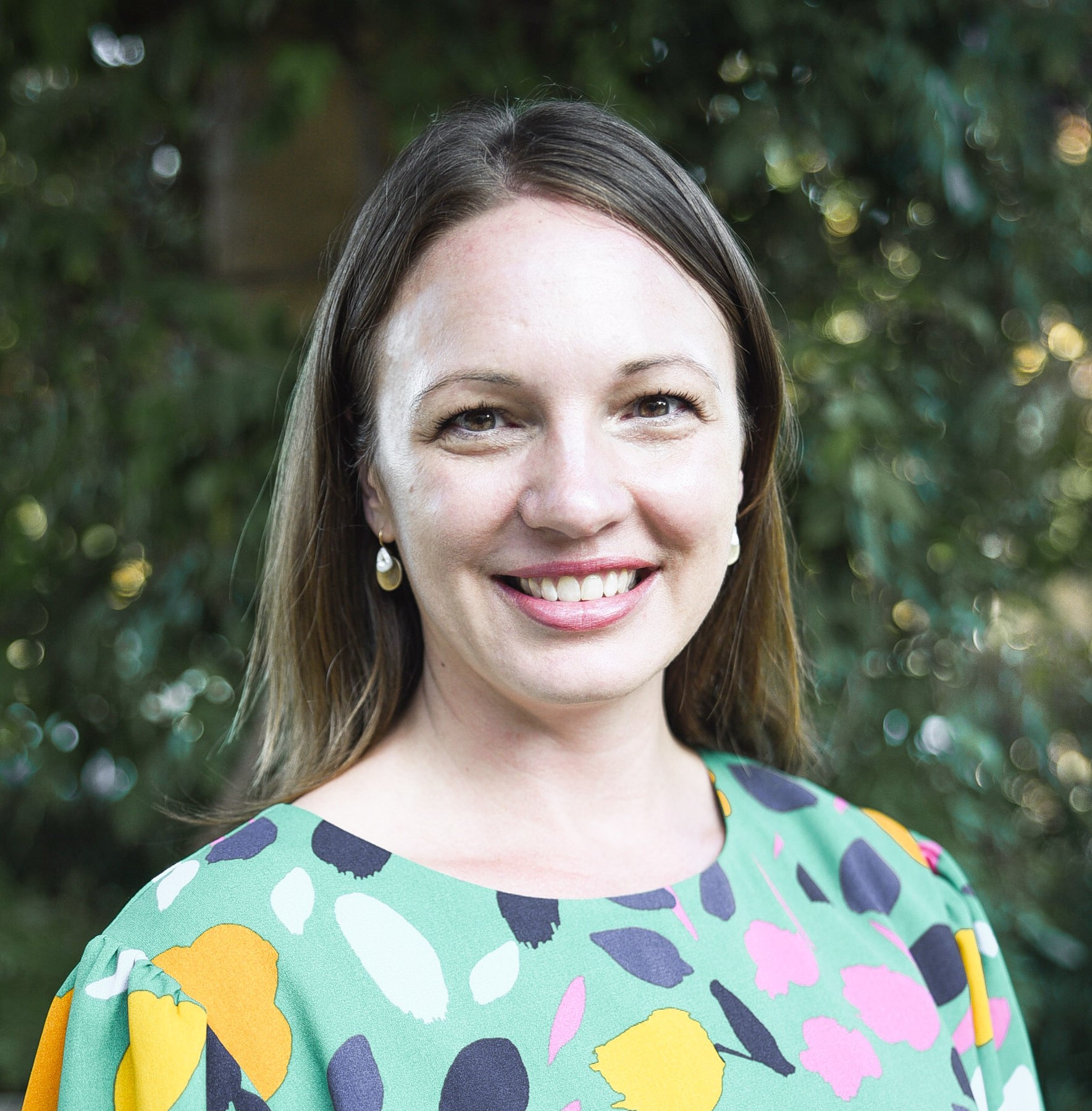We spoke with Allison Phillips, the Executive Director of the Stanford Center for Innovation in Global Health, and one of the members of our 2020 Leadership Journey. Read our Q&A to learn about her Leadership Journey Project, how she emphasizes mentorship in her work and who is inspiring her.
What is your Leadership Journey Project and why did you choose it?
My Leadership Project is to develop a strategic plan for Stanford Global Health, and more importantly, to design a ground-up process that incorporates the hopes, dreams, perspectives and global health projects of over 180 faculty, students, staff, and members of my incredible team. I joined the Stanford Center for Innovation in Global Health only a few months before the WomenLift Health Leadership Journey commenced and saw an opportunity and a challenge to engage stakeholders and represent their work and vision for global health at Stanford. This is not easy, as Stanford is a huge institution without a school of public health or central home for global health. I have been able to apply a lot of the lessons I’ve learned during this Journey to my Leadership Project and a newfound awareness of my strengths and leadership style that has helped me chart a path for community engagement and strategic planning.
What has surprised you about the WomenLift Health Leadership Journey experience?
The WomenLift Health Leadership Journey coincided with (hopefully!) the most surprising, unpredictable and emotionally difficult phase in our lifetime. The COVID pandemic, the US election, the horrific tragedies related to structural racism and injustices and unavoidable shifts to all of our day-to-days have been overwhelming and consuming. I expected that the Journey would include lessons, insights and leadership tips from experts, but I never expected that these women would be such a source of support to me personally and professionally through this difficult time. Having the opportunity for deep connection, reflection, vulnerability, and group processing with 23 amazing, inspiring women during a dark time is such a bright spot in my career. I felt supported, seen, heard and loved by these women and I know that our connections will remain even after the Journey concludes.
How has COVID shifted the focus of your work?
COVID has shifted everything! No one was trained or prepared for the way that this virus would shift the focus of everyone’s life and work, even those of us working in global health. Prior to joining Stanford in late 2019, I had spent my career working on HIV and malaria in Africa and Asia. I traveled a lot and was inspired by in-country partners living in affected areas. Thanks to COVID and deep thinking about the decolonizing global health movement, I have had the opportunity to think more locally about the health inequities that we face here in the US on a daily basis. For example, I had the opportunity to support a Native American reservation prepare for a COVID surge – and I learned about how the tribe’s access to health services, life expectancy, literacy rates, etc. are similar to many of the communities I had worked with in Tanzania or Eswatini. I am now motivated to engage on local health equity issues as well as global ones.
How can we ensure that women are at the center of not only COVID recovery plans but also long-term strategies for the improvement of health?
It takes a village, and the strength of women lifting each other up is powerful. I am a big proponent of mentoring and advocating for women’s professional growth opportunities – it gives me so much joy to facilitate a woman getting a promotion or making a career shift to a role that they are excited about. As a field, global health often recycles the same experts – and they are often white men from the Global North. In our COVID recovery plans and long-term strategies for health improvement, we need to disrupt the status quo and do whatever it takes to lift up women front and center.
Who inspires you?
I am very easily inspired! Especially during this pandemic, health workers who have fought so tirelessly in the line of fire have been nothing short of breathtaking. I’m especially inspired by the health workers who have had to treat COVID patients in under-resourced settings, e.g. with no oxygen or PPE. I am also inspired every day by my two daughters who are strong, adaptable, hilarious and goofy – they have expanded my world view, inspire me to be more intentional in my life choices and have taught me that taking a break for a Shakira dance party can solve most problems.


